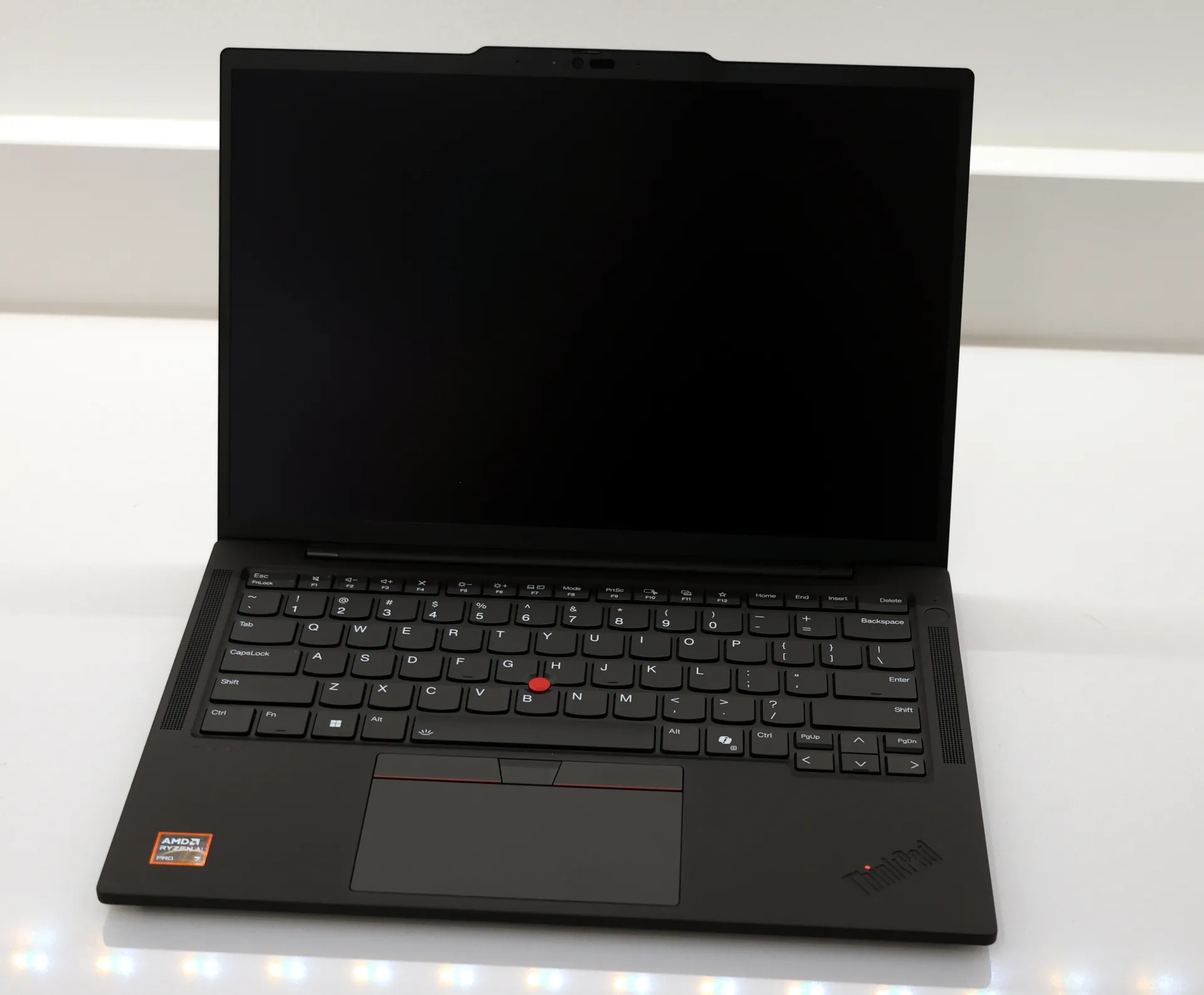So far my testing this week of the
Linux 6.15 kernel in its early, post-RC1 state has been going well. No major upsets, yet to uncover any significant performance regressions, and overall has been going smoothly with
the many new features/changes in Linux 6.15.
I haven't come across any major performance change yet for general performance at large, unless talking specifics like the
AMD INVLPGB with recent server CPUs, making use of IO_uring network zero-copy receive, etc. But in any event with each day/week I continue testing a mix of different systems on the Linux Git state in looking for any performance surprises whether they may be performance improvements or regressions.

Among the systems I tested recently with the Linux Git state was the
Lenovo ThinkPad T14s Gen 6 with AMD Ryzen AI 7 PRO 360 (Zen 5, Strix Point) laptop that I have been using for a number of tests in recent days and in the coming week.
 Linux 6.15 ThinkPad T14s G6
Linux 6.15 ThinkPad T14s G6Compared to Linux 6.14 as shipped by Ubuntu 25.04, moving to the Linux 6.15 Git state as of a few days ago yielded no major changes.
 Geometric Mean Of All Test Results benchmark with settings of Result Composite, Linux 6.15 ThinkPad T14s G6. Linux 6.15 Git was the fastest.
Geometric Mean Of All Test Results benchmark with settings of Result Composite, Linux 6.15 ThinkPad T14s G6. Linux 6.15 Git was the fastest.On a geo mean basis across 60+ benchmarks between the two kernels, there wasn't any measurable difference as a whole. But that's not too surprising given no widespread performance work in Linux 6.15 and the AMD Zen 5 / Strix Point platform support already being rather mature.
 Linux 6.15 ThinkPad T14s G6
Linux 6.15 ThinkPad T14s G6In a handful of tests that mostly come down to some synthetic micro-benchmarks like with the Stress-NG kernel micro-benchmarks, a few minor improvements were observed for this AMD Ryzen AI 7 PRO 360 laptop but that was about it. For the rest of the benchmarks the results were flat or within the margin of error. In any event for those interested the numbers can be found via
this result page.
Read More



